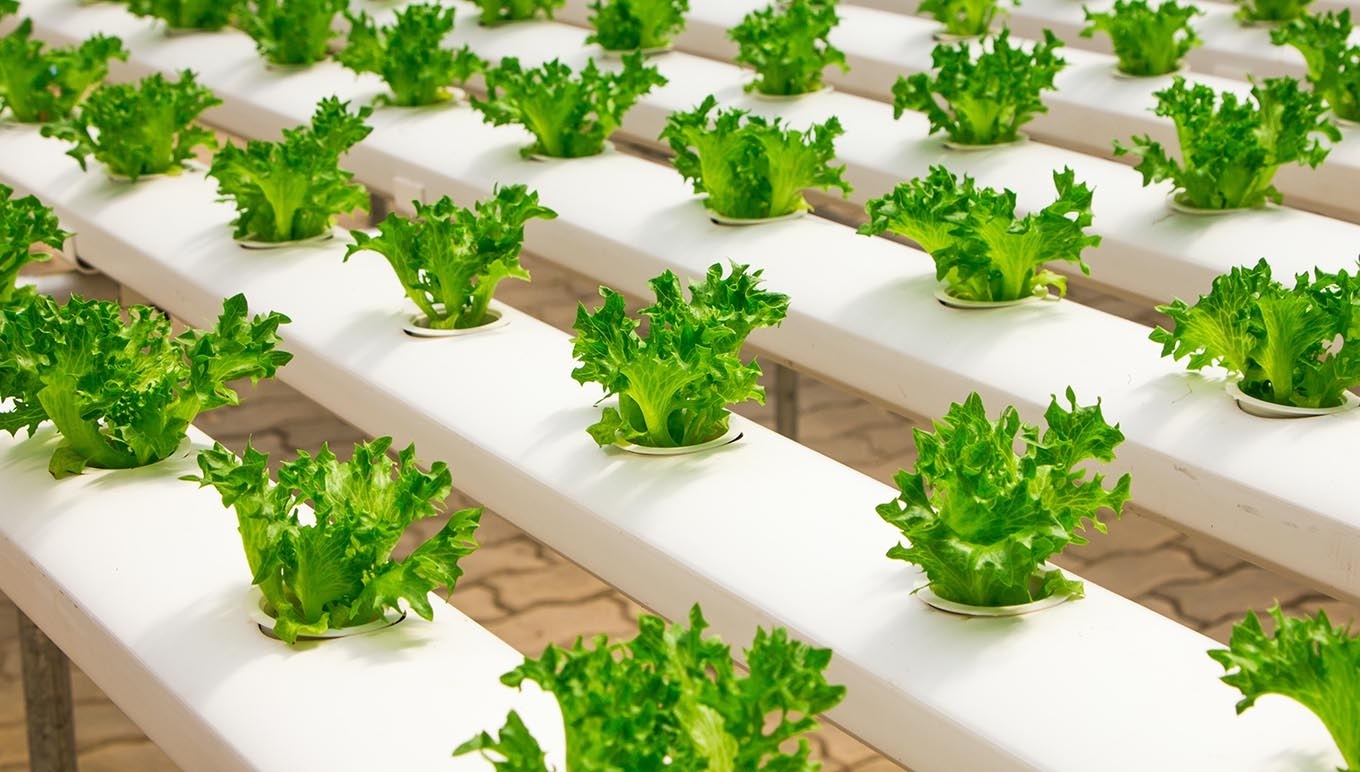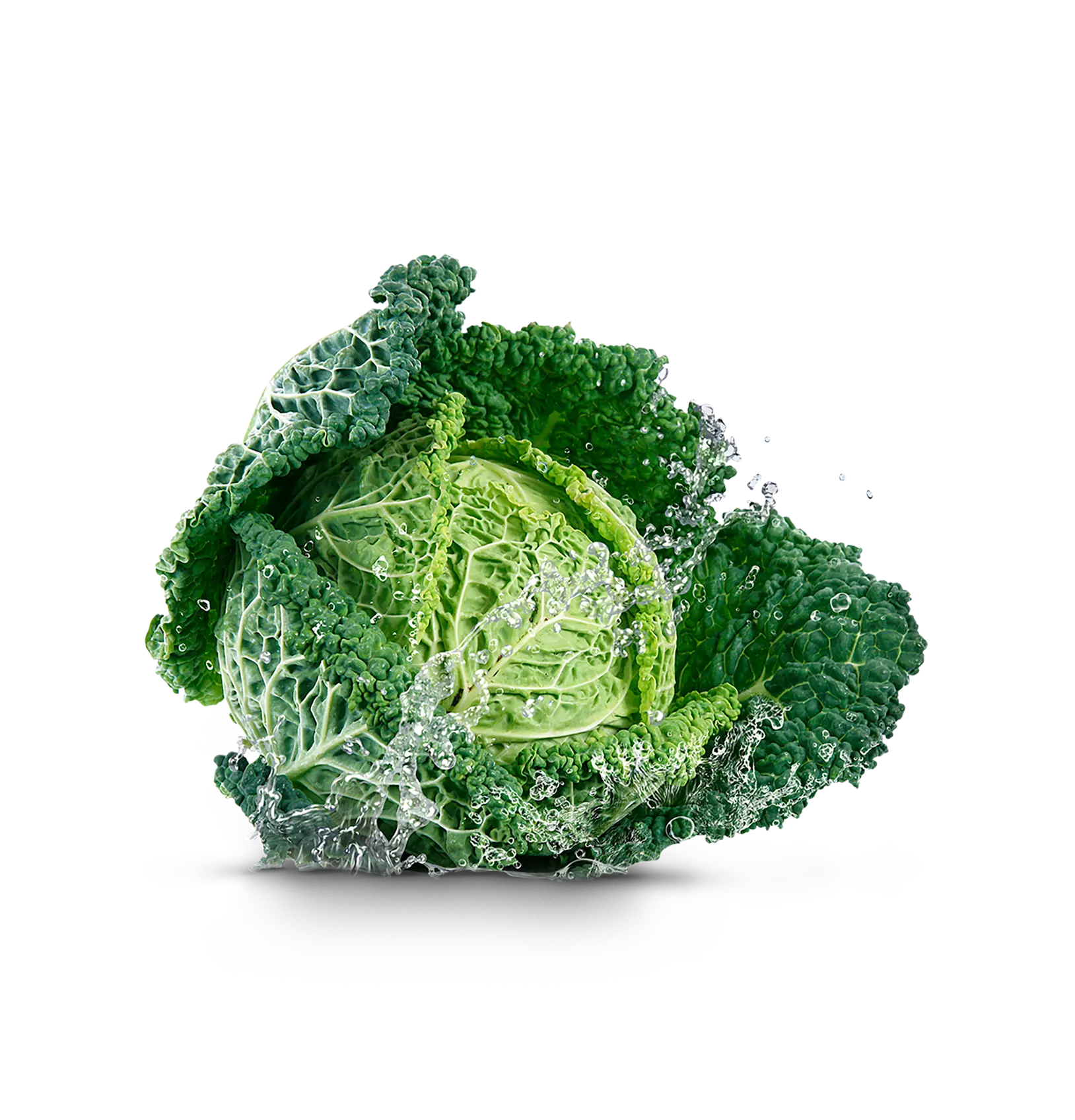Hydroponics on the Horizon: Benefits for Fresh Produce Businesses
Hydroponics on the Horizon: Benefits for Fresh Produce Businesses
Hydroponics on the Horizon: Benefits for Fresh Produce Businesses

Hydroponics is a hot topic in the commercial farming industry, and for good reason. According to a recent report, the global hydroponics system market was valued at $9.5 billion in 2020 and is expected to reach nearly $18 billion by 2026.
As a fresh produce business, you might be wondering what all the fuss is about. Or perhaps you’ve already looked into adopting some hydroponic farming techniques at your facilities. While it’s true that the up-front costs of installing these systems can be considerable, the benefits of hydroponic growing methods can lead to a substantial return on investment (ROI).
Let’s examine some of the ways hydroponic farming can empower your organization to achieve better results.
Efficiency
Put simply, plants grown in hydroponic environments are healthier, and that means bigger yields in shorter time frames. Because crops grown with this method are suspended in water and not planted in soil, they don’t grow extensive root systems and instead divert more energy to their growth of vegetation (leaves) and fruit.
Also, because hydroponic farming doesn’t require nearly as large a geographical footprint compared to soil farming, yield-per-acre measures are much higher. And finally, due to most hydroponic systems being indoors, farming can continue year-round rather than operating on a seasonal basis.
All of this together results in yields two to eight times higher than those achieved with traditional farming methods. What’s more, the plants grow quicker—cutting the time it takes for plants to reach maturity in half in many cases—and are less susceptible to disease and pests thanks to the indoor environment, lowering your losses due to these factors.
Sustainability
One of the most impressive facts of hydroponic farming is that it uses far less water—up to 95% less in some cases. That alone means these techniques are far less draining on resources when compared to traditional in-ground farming. But it’s not the only benefit of the approach.
Because climate can be controlled in indoor hydroponic settings, produce that would otherwise have to be imported from distant locations can be grown locally, which decreases both the cost and environmental impacts of shipping and transportation. Also, no soil means far less prevalence of pests and no weeds, in many cases eliminating the need for the use of pesticides, insecticides, fungicides and other chemicals.
Finally, because hydroponic growing methods are frequently vertical in format and plants can be grown closer together due to smaller root systems, hydroponic installations need a much smaller land area compared to traditional farms. That leads to less disruption of natural environments and deforestation to create planting fields and overall better land usage.
Quality
There are several reasons why the produce grown at hydroponic farms can be higher in quality, but chief among them is the use of alternative substrates (media for growth). When crops are grown in a sterile medium like rockwool or coco coir, they have superior taste and texture, as they don’t pick up the bland earthy tones from soil or the grittiness from sand.
Additionally, because pesticides are far less necessary in hydroponic settings, healthy organic produce is much easier—and cheaper—to grow. And finally, the year-round growth cycle of hydroponic farms and the ability to grow most crops virtually anywhere due to a controlled indoor environment means that locally grown crops arrive at markets fresher and in greater variety.
Advancing to a Fresh Future
These are just a small sample of the advantages hydroponic farming has over traditional methods—we didn’t touch on the higher level of control that this approach offers, which can lead to even better results—but the value of this emerging field is clear.
Of course, it’s true that not all crops can be grown in hydroponic settings, and the approach also typically requires electricity for growing lamps. Still, there are some very good reasons your fresh produce business should be looking into hydroponics for your facilities, or at the very least exploring ways you can involve hydroponically grown produce in your supply chains.
In the end, as a professional in this industry, you’re likely concerned with the logistics of installation and how quickly your ROI can be realized. By integrating all of your departments and systems in one solution, technology like our own industry-specific food and beverage solution, Aptean Food & Beverage ERP, can give you that total visibility on your data to critically assess your current operations, prepare some portion of your crops for a transition to hydroponics and then carefully calculate your results.
Contact us today for more information on our solutions and how they can help your fresh produce business get ready for a potential introduction of new farming techniques.
Empieza a transformar tu empresa de productos frescos
Si estás listo para llevar tu negocio al siguiente nivel, nos encantaría ayudarte.



 Jack Payne | Vice President, Product Management & Solutions Consulting
Jack Payne | Vice President, Product Management & Solutions Consulting